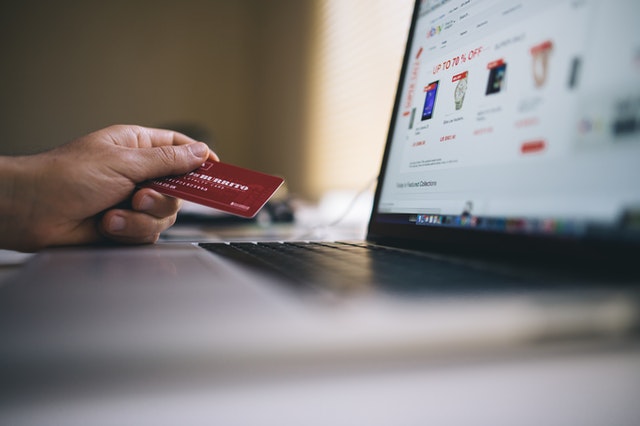The online e-commerce sector is growing rapidly, and it’s now easier than ever to set up an internet shop, with or without the need for design or programming skills. However, while there is now a huge range of easy-to-use software that can help you get your store online quickly and effectively, the same cannot be said for ensuring online security. Indeed, security remains a primary concern for most firms operating on the web these days.
The revenue generated by cybercrime is expected to reach a staggering $6 trillion through this year – and is predicted to amount to $10.5 trillion by 2025. Cyberattacks are a real and present danger for all firms operating online but are a particular concern for those running e-commerce stores. Below are just a few precautions you can take to help protect your store from fraud, malicious attack, or copycat imposters.
Ensure you use an established, recognized e-com platform
These days there is a huge range of e-com platforms available, each with its own particular approach to security procedures and protection. While we all normally like to back the underdog, if you’re running an online store, you’ll be dealing with highly sensitive data (for example, client credit card and personal details), so this really is not an area where you can afford to take chances. Consequently, you would be well-advised to only use respected and established e-commerce platforms to ensure the best protection for both you and your clients.
Take anti-fraud precautions
Fraud is a growing problem globally, but particularly more so online. While there is no way to completely protect your firm from fraudulent behavior, learning to recognize suspicious signals will help you reduce your exposure.
For example, irregular email addresses or obscure overseas order addresses (compared to registered card addresses) can be a sign of an attempt at fraud. Another increasingly common (and highly successful) way of protecting your firm from bogus orders is to work with a Chargeback Guarantee company that will use complex machine learning and Artificial Intelligence (AI) to assess the validity of orders before you process them, which allow you the chance to expand your business without as much risk.
Outsource your entire digital operations to a trusted professional security firm
Your back-end systems are just as vulnerable to attack as your front-facing store, so you shouldn’t take chances with your internal network and IT platforms. For the greatest protection, you should look at partnering with a trusted IT security firm or Managed Service Provider (MSP).
Third-party providers offer the best and most up-to-date equipment coupled with unrivaled support and protection 24/7/365 at an affordable price for even the most cash-strapped of firms.
Ensure you only process transactions using HTTPS
A Secure Sockets Layer (SSL) provides an encrypted link between a browser and a web server, adding a valuable layer of protection to the data transmitted. The use of SSL technology is a prerequisite for any financial transactions made online to ensure private information remains as secure as possible. HTTP and SSL used together result in HTTPS and offer increased encryption and security. Moreover, that little padlock icon in your address bar will give peace of mind to users.
Install CMS and other software updates the minute they become available
Software developers fight a continuous battle with hackers intent on finding and exploiting security risks in their apps. Indeed, one of the main reasons for software updates is when a development company identifies a potentially troublesome backdoor or other similar problem.
All e-commerce sites run either on top of existing Content Management Systems (CMS) – e.g., WordPress – or with their own proprietary back-end, so you must install updates as and when they become available. Likewise, if you run plug-ins and other third-party software on your site (as most website owners do), you must ensure you update them regularly. Exploiting outdated software and CMSs is one of the most common ways hackers gain access to websites (not just e-com-enabled sites).
Make sure you’ve trademarked your company logo and name
It’s surprising just how many firms believe they don’t need to trademark their company name and logo. It’s not enough to just purchase a domain name or operate under a particular company name without checking if you can trademark it. If you want to protect yourself against the potential for copycat imposters to potentially operate under your branding, you need to have the added protection of trademark cover to fall back on.
Use a trusted web host that offers bulletproof hosting solutions
Just as there is now a multitude of different e-commerce software packages available these days, so there is also a glut of web hosts capable of hosting your site. However, just as happens in every other part of life, not all hosting companies are created equal, and each will take its own approach to the security of its clients. Before choosing who to work with, take the time to read product and service reviews and always be sure to check verified client feedback to get an idea of what you can expect should something go wrong and you need support.
Install security plug-ins on your site and schedule regular antivirus/malware scansJust because all seems well on the top level of your store, your site could easily have malware or virus scripts hidden deep within directories (often folders deliberately obfuscated by a hacker). To help weed out potentially damaging or malicious scripts, you should install antivirus/anti-malware software and set it to regularly scan your directories for problems.



